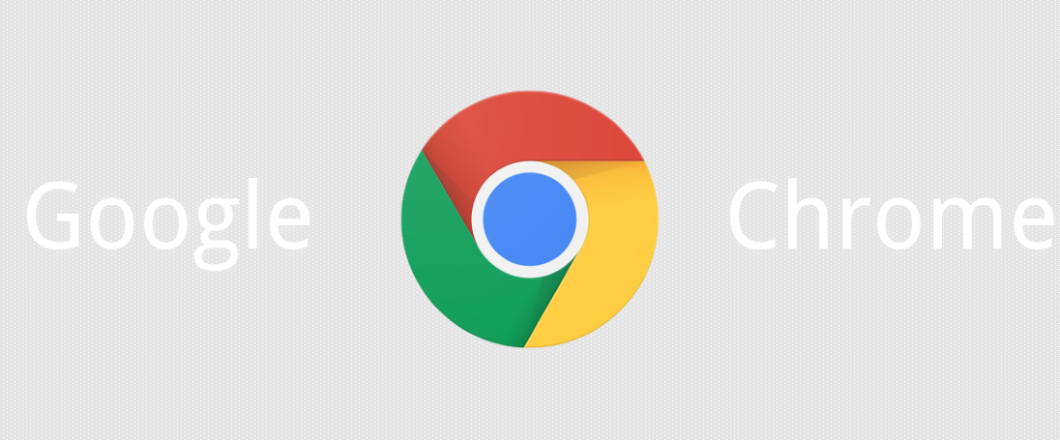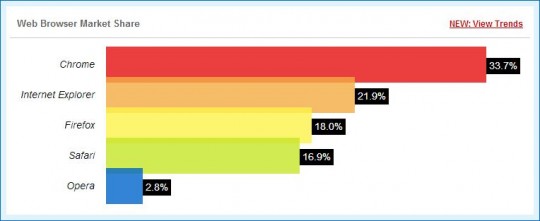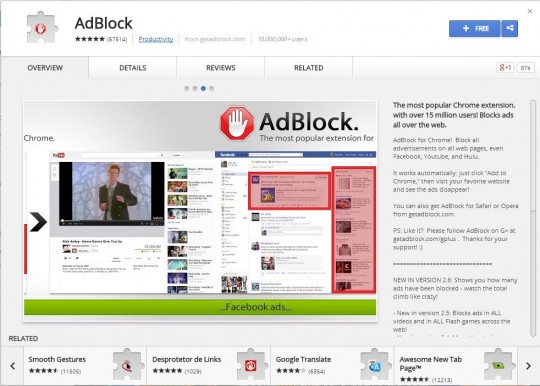
Google’s Chrome browser is a popular browser and one that it is relatively secure. But it can be made even safer with the correct plugins.
It’s estimated that over half of all web traffic goes through Chrome browsers and this popularity is down to its innovation and simple interface. However, the success of Chrome has made it a target of hackers. And this has been highlighted by the recent WizardOpium vulnerability which required a swift patch from Google. There’s added danger for Chrome users from more generalized online threats such as malicious websites and data security concerns. Thankfully, help is at hand for web users in the form of security plugins.
And, to help you enhance your Chrome experience, we’re going to examine the best plugins for browsing safely in Chrome.
What is a Plugin?
You may not be familiar with plugins, so it’s probably a good idea that we start by explaining them. A plugin is a piece of software which, as the name suggests, ‘plugs in’ in to your browser. Acting as an additional software component, a plugin adds extra features to your browser. The types of plugin availability aren’t just limited to security features either. Adobe’s Flash player, for example, is probably one of the most well-known browser plugins.
Chromes Best Security Plugins
It’s now time to take a look at the best plugins for browsing safely in Chrome:
- Ghostery: A privacy ad blocker, Ghostery grants Chrome the opportunity to block adverts and stop data trackers from harvesting your data. The plugin allows you to customize which ads and trackers remain active whilst blocking the more suspicious ones. And, best of all, by blocking ads and data trackers you will speed up the load time of webpages.
- Web of Trust: It’s estimated that there are up to 18.5 million malicious websites online, so you need to be careful where you browse. With a plugin such as Web of Trust you can maximize your safety. Not only does Web of Trust advise you when you land on an unsafe website, but it also displays ‘reputation’ icons next to the results generated by search engines.
- Blur: Passwords are a crucial element of safe web browsing, but they need to be kept secure. If your passwords are compromised then you’re at risk of having your personal data stolen. Blur helps you to avoid this. It’s a powerful plugin which can generate strong passwords while also encrypting and saving them. This ensures that there’s no need to memorize or write down you passwords; you can just click and go.
- HTTPS Everywhere: The best websites are those with a URL which starts with https rather than just http. The additional S of https indicates that it’s a secure website. However, if you have installed the HTTPS Everywhere plugin then, in most cases, it will be able to automatically switch a http site to a more secure https version.
For more ways to secure and optimize your business technology, contact your local IT professionals.
Read More










